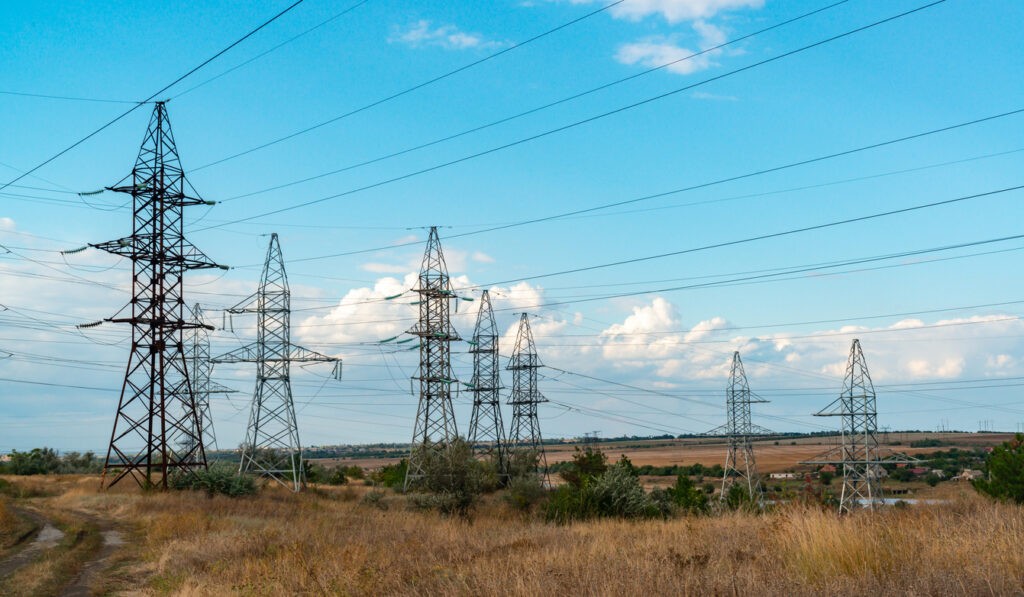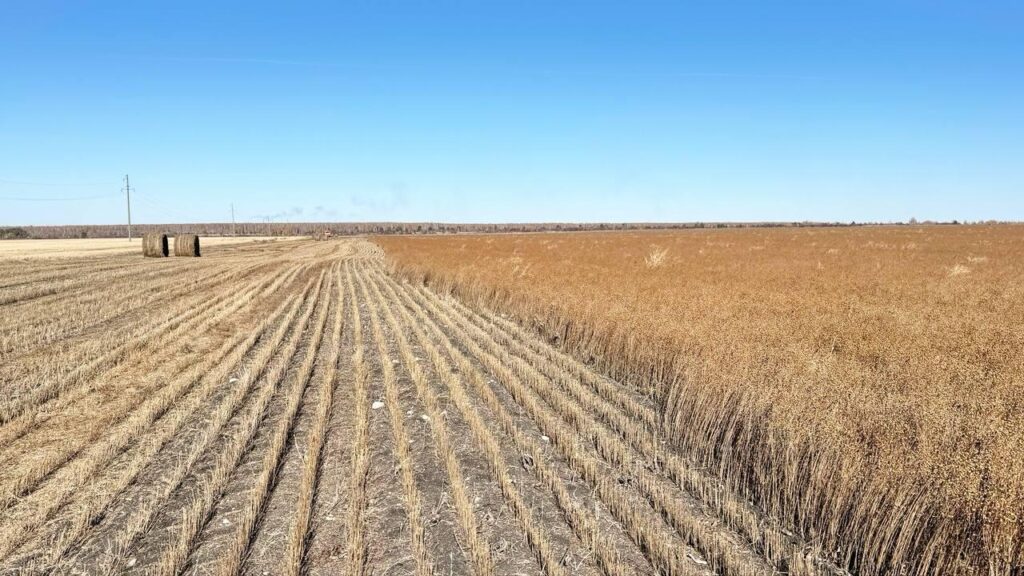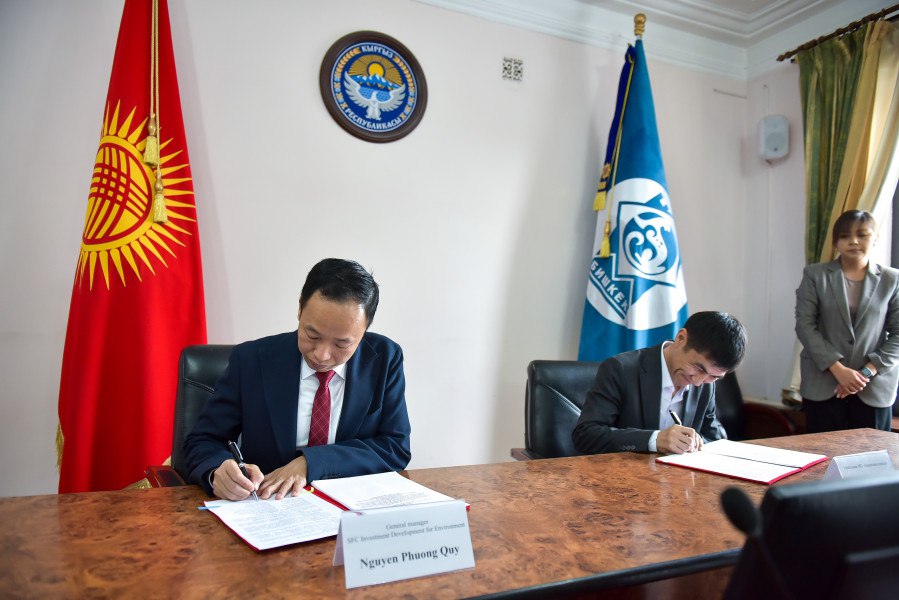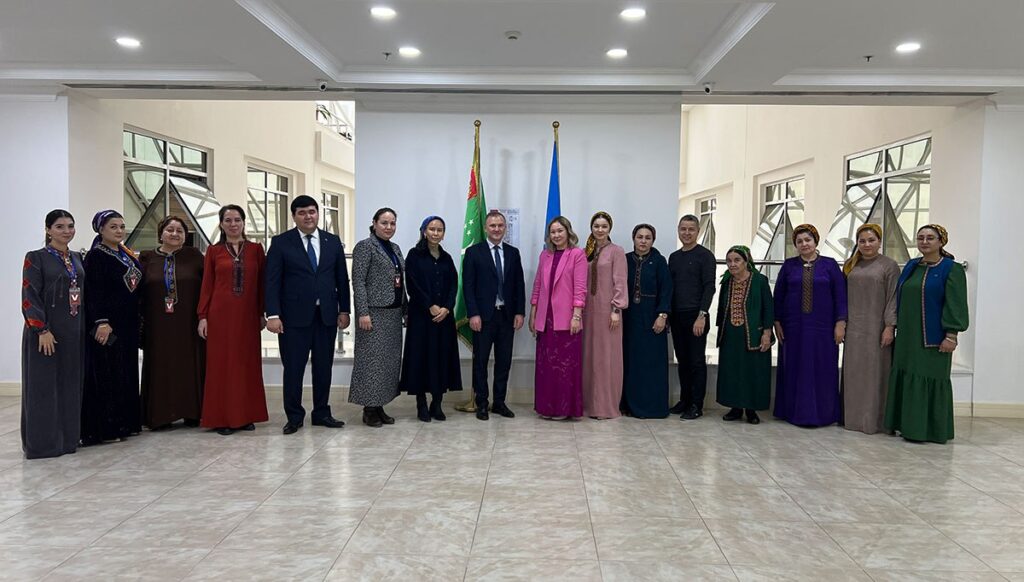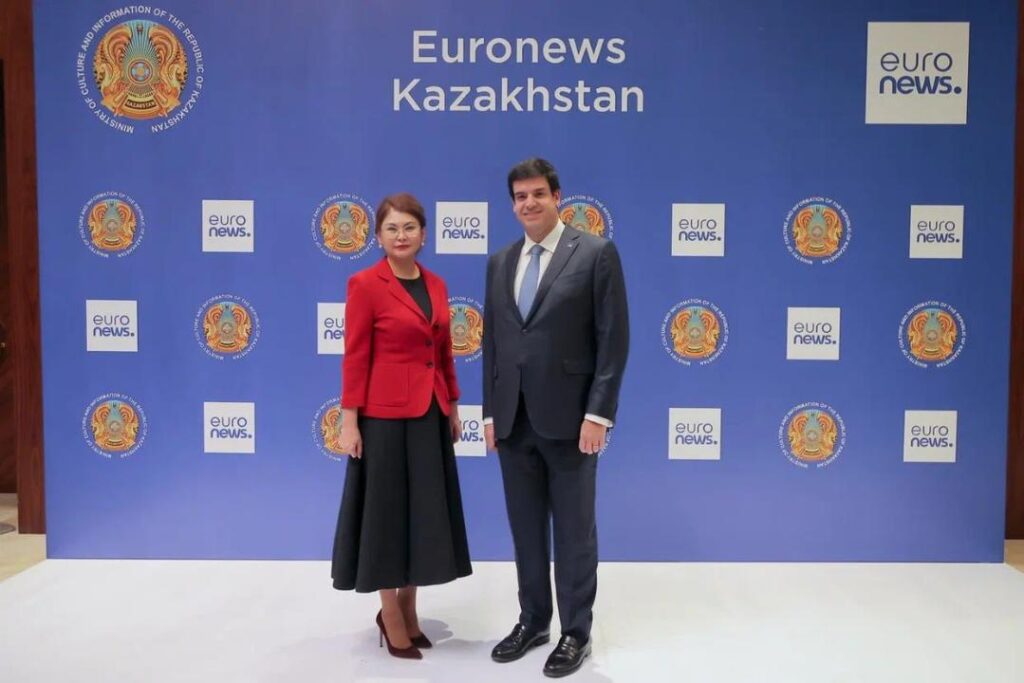Viewing results 13 - 18 of 803
Afghanistan’s state-owned power company, Da Afghanistan Breshna Sherkat (DABS), has extended its electricity import agreement with Uzbekistan through the end of 2025. The agreement was signed in Uzbekistan by Abdul Bari Umar, the Taliban’s acting head of DABS, and representatives from the National Electricity Company of Uzbekistan. This extension is vital for Afghanistan, where unreliable electricity continues to affect millions of people. According to the Ministry of Energy and Water under Taliban control, the country requires 1,500 megawatts of electricity. Of this, approximately 720 megawatts are imported, while the remainder is generated domestically. Afghanistan remains heavily reliant on neighboring countries for power due to its limited domestic production capacity. Residents of Kabul and other regions frequently endure prolonged outages, fueling public frustration over the lack of a consistent power supply. In recent months, DABS reported disruptions in electricity imports from Uzbekistan and Turkmenistan, leaving many areas without power. The outages were attributed to technical issues on the Uzbek side and storm-related problems in Turkmenistan. Both issues have since been resolved, and electricity transmission to Afghanistan has been restored. The extended agreement with Uzbekistan represents a critical step in addressing Afghanistan’s energy needs, though long-term solutions to bolster domestic electricity production remain essential.
China’s Dalian Hesheng Holdings Group Co., Ltd. plans to establish a vertically integrated industrial park for the deep processing of wheat in Kazakhstan’s Akmola region. The project was discussed on December 18 during a meeting between Kazakhstan’s Prime Minister Olzhas Bektenov and a delegation from the Chinese company. Investments in the project will total $500-$800 million for the initial phase, with an additional $1 billion planned for the second and third phases. The plant will process 1 million tons of wheat annually during the first phase, with capacity increasing to 3 million tons per year in subsequent phases. The initiative is expected to create approximately 2,000 jobs. Construction is set to begin in the second quarter of 2025. The project will also include the construction of a coal-fired thermal power plant and a coal chemical complex capable of producing 150,000–400,000 tons of liquid ammonia annually. Prime Minister Olzhas Bektenov underscored the importance of enhancing wheat processing and expanding the production of high-value-added products. He directed government agencies to expedite the signing of an investment agreement with Dalian Hesheng Holdings. Kazakhstan has significant potential in deep grain processing, harvesting 16-17 million tons of grain annually. More than 260 different high-value-added products, such as bioethanol, gluten, and animal feed, can be derived from processed grain. The Times of Central Asia previously reported that Chinese company Myande Group signed a memorandum of cooperation in July for the construction of a wheat processing plant in Kostanay. That facility will produce amino acids, bioethanol, gluten, animal feed, and wheat bran, further bolstering Kazakhstan’s grain processing sector.
On December 18, the Bishkek City Administration signed a public-private partnership agreement with a consortium of Vietnamese companies - SFC Investment Development for Environment and Phu Dien Investment Construction and Trading. The agreement outlines plans for the reconstruction and modernization of the city’s wastewater treatment facilities. The project aims to comprehensively upgrade Bishkek’s municipal wastewater treatment infrastructure using cutting-edge technologies. Key initiatives include: Equipping the municipal water supply company’s laboratory with advanced water quality analysis tools. Replacing outdated water chlorination systems with ultraviolet disinfection technology. Automating control processes for wastewater treatment. The modernization is designed to ensure that treated wastewater meets both national and European environmental standards. It also aims to reduce environmental impact through the introduction of odor treatment systems. Deputy Chairman of the Cabinet of Ministers and Minister of Water Resources, Agriculture, and Processing Industry, Bakyt Torobayev, highlighted the urgency of such projects during the National Water Forum on November 29. Torobayev noted that only 39.5% of Kyrgyzstan’s 2,014 cities and villages currently have access to clean drinking water. Addressing the country’s water infrastructure needs will require an estimated $2 billion. The modernization of Bishkek’s wastewater treatment facilities represents a significant step forward in improving water management and ensuring sustainable development in Kyrgyzstan’s capital.
The Ministry of Education of Turkmenistan, in collaboration with the United Nations Children’s Fund (UNICEF), has introduced new training materials on gender-sensitive pedagogy. The initiative aims to foster an inclusive educational environment that addresses the individual needs of children while enhancing the skills of professionals in education, healthcare, and social protection. The materials are tailored for teachers, parents, and students, focusing on promoting gender-sensitive approaches in schools, kindergartens, and family settings. By equipping professionals with tools and strategies for inclusive practices, the program seeks to create a fair and equitable educational system for all children. An orientation session for professionals working with children and families was recently held in Ashgabat. The event highlighted methodologies for integrating gender mainstreaming into education, with participants from educational institutions exploring new approaches and discussing their practical application. Alexandru Nartea, Deputy Representative of UNICEF in Turkmenistan, underscored the significance of this initiative. “Integrating gender-sensitive approaches into the educational system is a vital step toward establishing a supportive environment that meets the needs of every child,” Nartea said. He added that the effort not only empowers educators but also helps shape societal values rooted in equality and inclusion.
On December 18, the protracted legal dispute between Kazakh authorities and Moldovan businessmen Anatol and Gabriel Stati over oil and gas assets was finally resolved. Following the agreement, the Stati representatives expressed gratitude to Kazakh President Kassym-Jomart Tokayev for his leadership in reaching the settlement. The Ministry of Justice of Kazakhstan reported that the resolution concludes a legal saga that spanned 15 years and impacted Kazakhstan's reputation as an investment-friendly nation. The ministry stated that the government, the National Bank of Kazakhstan, and the Stati parties, with the support of Tristan Oil’s leading creditors, successfully finalized the settlement process. “The signed Final Settlement Agreement forms the basis for the termination of all ongoing disputes, with no possibility of reopening them in the future. The specific terms of the agreement remain confidential,” the Ministry of Justice emphasized. Daniel Chapman, CEO of Argentem Creek Partners - investment manager for funds that are creditors of Tristan Oil Limited, the Stati family’s investment vehicle - praised the resolution. “This settlement and Kazakhstan’s approach to ensuring a fair resolution underscore the country’s respect for investor rights. We thank President Tokayev for his leadership, which has positively reshaped how foreign investors view Kazakhstan. We look forward to collaborating on new projects,” Chapman said. Kazakhstan’s Minister of Justice, Azamat Yeskarayev, noted the settlement’s significance for the nation’s economic future. “The resolution of this longstanding dispute creates additional opportunities for economic growth and investment,” he said, emphasizing that no funds from the national budget were used in the settlement process. The case had involved extensive litigation across multiple jurisdictions over 15 years. While the exact legal costs incurred by Kazakhstan remain undisclosed, the settlement signals a major step forward in resolving disputes with foreign investors and rebuilding trust.
A regional office of the Euronews TV channel has opened in Astana, marking a significant milestone in promoting Kazakhstan internationally. Minister of Culture and Information Aida Balayeva described the development as an important step in showcasing the nation’s cultural heritage, tourism potential, and investment opportunities to a global audience. “The opening of the Euronews office will provide fresh momentum for popularizing Kazakh culture and serve as a platform for intercultural dialogue and innovative solutions,” Balayeva stated. Euronews has a history of collaboration with Kazakhstan, including its role as a media partner for the World Nomad Games held in Astana. The event’s broadcasts reached over 39 million viewers worldwide. Additionally, the channel has produced ten programs spotlighting Kazakhstan’s investment initiatives and cultural heritage. Euronews Chairman Pedro Vargas highlighted the channel’s commitment to narrating Kazakhstan's unique history - from the era of the Kazakh Khanate to its modern status as an independent Republic, which will celebrate 35 years of sovereignty next year. “We aim to inform global audiences about Kazakhstan’s culture, economy, and heritage by creating original TV shows and collaborating with local entrepreneurs and artists,” Vargas stated. A cornerstone of the collaboration is the Euronews Academy project, which will offer training and masterclasses for Kazakh journalists, enhancing the professional expertise of the nation’s media personnel. The channel is already developing 20 new initiatives, including the cultural and artistic program Modern Nomads, the business-focused East-West Connect, and the interview series, Voices from Central Asia.
